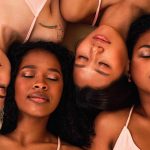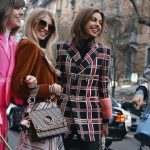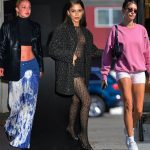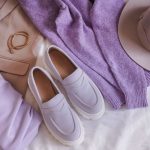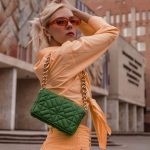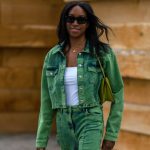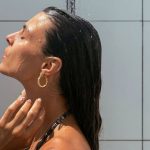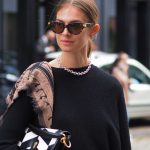The Role of Makeup in Self-Expression and Identity
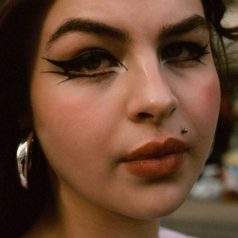
In the intricate dance of human expression, makeup holds a profound role, serving as both a canvas and a brush for the soul. From the earliest civilizations to the present day, the application of cosmetics has been more than a mere adornment; it has been a statement of identity, a reflection of culture, and a conduit for self-expression.
Makeup as a Form of Self-Expression
Makeup transcends the realm of mere cosmetics; it’s a medium through which individuals assert their unique identities and express their innermost selves. At its core, makeup offers a deeply personal journey of self-discovery, allowing individuals to personalize their appearance in accordance with their tastes, preferences, and personalities. Whether it’s a bold red lip, a smoky eye, or a subtle nude palette, each choice reflects a fragment of one’s identity, serving as a canvas for self-expression.
Moreover, makeup serves as a playground for experimentation, inviting individuals to explore an array of styles and looks without boundaries or limitations. From vintage glam to avant-garde creations, the possibilities are endless, empowering individuals to push the boundaries of conventional beauty norms and embrace their creativity. Through this process of exploration, individuals not only discover new facets of their outward appearance but also uncover hidden layers of their inner selves.
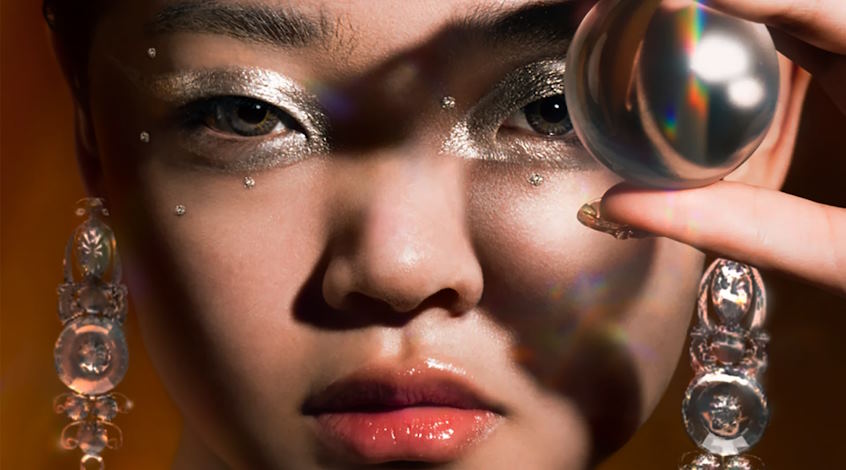
Beyond aesthetics, there exists a profound connection between inner emotions and outward appearance, with makeup serving as a conduit for emotional expression. Whether it’s using vibrant colors to convey joy, dark hues to reflect melancholy, or intricate designs to symbolize resilience, makeup enables individuals to externalize their feelings and communicate with the world around them. In this way, makeup becomes more than just a cosmetic product—it becomes a language of the soul, speaking volumes about one’s innermost thoughts, desires, and aspirations.
Makeup and Identity
Makeup is more than a mere adornment; it’s a mirror reflecting the complexities of individual identity. The influence of makeup on self-perception is profound, as it can shape how individuals view themselves and how they are perceived by others. By enhancing certain features or concealing perceived flaws, makeup can empower individuals to present their idealized selves to the world, fostering a sense of confidence and self-assurance.
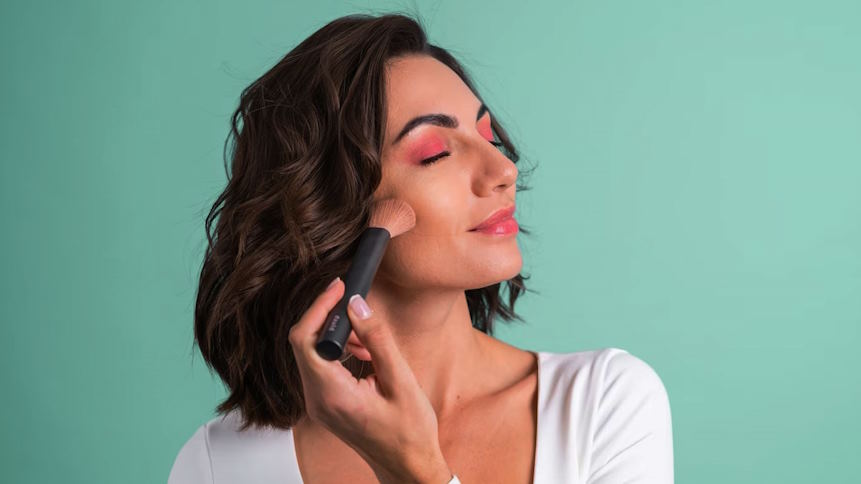
Moreover, makeup serves as a powerful tool for representation and empowerment, particularly for marginalized communities. Through makeup, individuals can reclaim their narratives, challenge societal beauty standards, and celebrate their unique identities. From inclusive shade ranges that cater to diverse skin tones to campaigns featuring models of all genders, races, and sexualities, the beauty industry is gradually embracing a more inclusive vision of beauty.
The intersectionality of makeup with gender, race, and sexuality further highlights its role in shaping identity. For many individuals, makeup serves as a means of self-expression and affirmation, allowing them to explore and affirm their gender identity, cultural heritage, and sexual orientation. However, it’s essential to recognize that societal norms and expectations can also exert pressure on individuals to conform to narrow standards of beauty, leading to feelings of inadequacy or insecurity. By acknowledging and celebrating the diverse ways in which makeup intersects with identity, we can create a more inclusive and affirming beauty culture for all.

